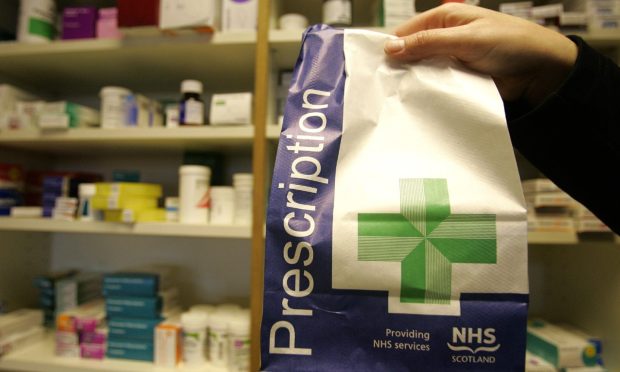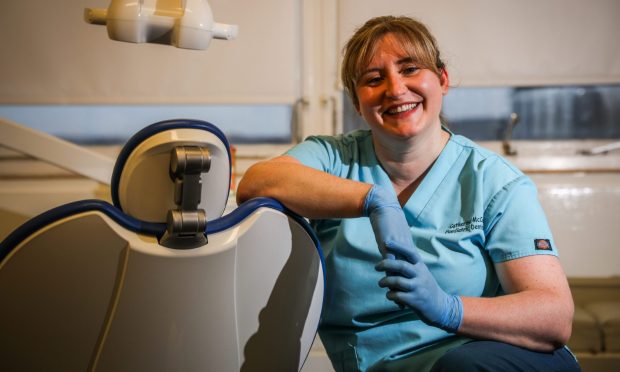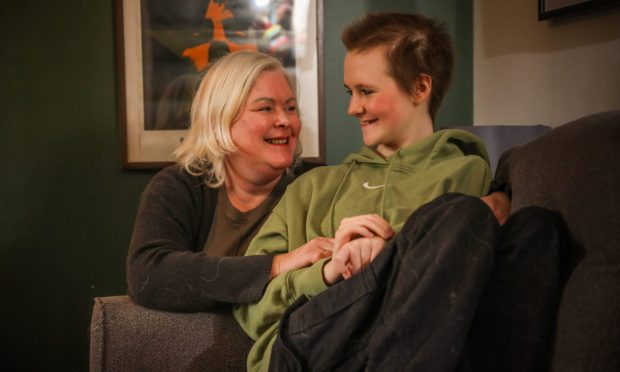With restrictions gone and testing no longer a requirement, it may sometimes feel like Covid is a thing of the past.
But winter is a perfect breeding ground for infections to spread, as the cold weather and dark nights force many of us to socialise inside.
So, what is the risk Covid – and other infections like the flu – actually pose to us this winter?
What is the likelihood of another variant emerging before Christmas? And how will this winter compare with 2020 and 2021?
Our expert, Prof Neil Mabbott, personal chair of immunopathology at Edinburgh University, is answering all your questions about Covid and flu this winter.
Could we see another Covid variant emerge before Christmas?
We were all hoping for a Covid-free Christmas last year, but the emergence of Omicron made that impossible for another year.
But what are the chances another variant could develop and ruin festive plans this year?
Neil says: “Predicting when the next Covid variant may emerge is very difficult, and many of the main variants of concern have given the impression they appeared out of nowhere.
“Although Covid-19 cases have increased in the UK in recent weeks, this doesn’t seem to be driven by a new virus variant.
“Instead there appear to be a number of different Omicron ‘sub-variants’ circulating, and one of these may eventually cause a new infection wave.”
Are we more likely to catch Covid-19 or flu this winter season and which is ‘more dangerous’?
Neil continues: “In recent weeks we have started to see an increase in Covid-19 infections in the UK.
“Although cases are currently low, there is also an indication that flu cases are similarly starting to rise.
“As winter approaches and we begin to spend more time mixing indoors, this will provide more opportunities for these infections to spread.
“Each of these infections can cause serious disease in vulnerable groups. While Covid-19 may be relatively milder in many otherwise healthy young people, some may still experience so-called long-Covid symptoms even after a mild infection.
“Fortunately, there are safe and effective vaccines available that can provide excellent protection against each of these infections.”
What is the real risk Covid poses this winter, compared with 2020 and 2021?
While the number of people estimated to be infected with Covid-19 is currently high (approximately 1/50 people in Scotland), the UK is in a much different situation now than it was during the earlier stages of the pandemic.
“More than 70% of the population has now received a third Covid-19 vaccine dose, with many in the most vulnerable groups having had a fourth or fifth dose.
“As a consequence, despite the high number of infections the incidence of serious illness, hospitalisations and death is much lower than in previous years.”
Is Covid ‘over’ and life back to normal?
“Society in the UK is in a much different situation now than in the earlier years of the pandemic and life has gradually returned normal. But this doesn’t mean Covid is over.
“Infections in the UK are still high, and the virus continues to spread in the population, with indications that this may be beginning to increase again.
“Fortunately, the immunity provided from the vaccines (as well as the natural immunity from previous infections) is helping to reduce the impact Covid has on society and our daily lives.”














Conversation